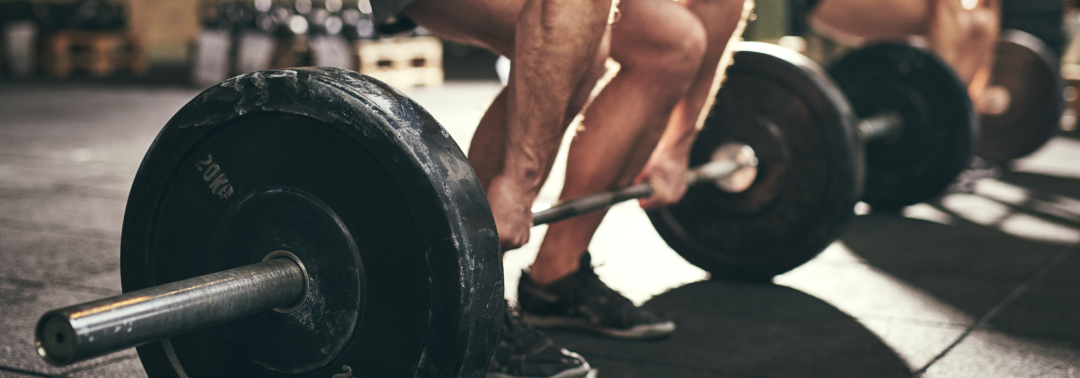Regular exercise is a crucial element of any recovery plan. We’ve long known that exercise is good for your physical health; it helps you maintain a healthy weight, reduces blood pressure and resting heart rate, and generally keeps your body functional. These are all great benefits, especially for anyone recovering from substance use issues.
In recent decades, there has been growing evidence that exercise is also great for your mental health. Various studies indicate it may help relieve or prevent depression and anxiety, reduce stress, improve sleep, and improve cognition, including focus and memory. There’s also emerging evidence that exercise can directly benefit recovery by helping prevent relapse. Most of this research has focused on the benefits of moderate intensity aerobic exercise, typically running, walking, cycling, or swimming. However, many people don’t care for aerobic exercise; is weight lifting just as good for mental health?
The short answer: Almost.
At the moment, the evidence for the benefits of aerobic activity on mental health is stronger than the evidence of weight training. This is partly because aerobic activity is easier to test in a lab. It’s a relatively simple matter, for example, to have mice run on a wheel compared to making them lift weights. However, in recent years, more researchers have been looking at the mental health benefits of lifting and found encouraging results. For example, one meta-analysis of 33 studies found that weight training offered moderate but significant relief from depression symptoms. That analysis also found it didn’t make any difference whether participants trained two days a week or five. That suggests weight training can improve your mental health with relatively little time commitment.
Everyone is different.
The most important thing to remember when creating an exercise program for recovery is that everyone is different. Take the example of depression, which is extremely common among people with substance use disorders. Although the symptoms of depression are similar for most people, recent research has shown there may be diverse causes. For one person, low dopamine may be a significant factor while another person’s symptoms may be related to inflammation. For the latter, the inflammation resulting from an intense lifting routine may make symptoms worse but for the former, the dopamine boost from seeing weekly strength improvements may be exactly what they need.
Also, “resistance training” is a broad category. Someone doing three heavy reps every 10 minutes may not get much of a mood boost from his workout but he might get more benefit from a workout with more volume and less weight. It may take some experimentation to figure out what works best for you. Even if you prefer lifting or aerobic exercise, it’s best to do a bit of both. If you love lifting and hate aerobic exercise, try to at least take a walk a few times a week. On the other hand, if you love running and hate lifting, consider adding a calisthenics routine once or twice a week. Variety trains different energy systems and keeps you from getting bored.
At Tree House Recovery of Portland, Oregon, exercise is central to our program of addiction treatment. We know the power of exercise for rebuilding your body and mind and helping you take control of your life. Exercise is one element of our holistic program that includes counseling, team-building, and other proven treatment methods. To learn more, call us any time, day or night at (503) 850-2474.




